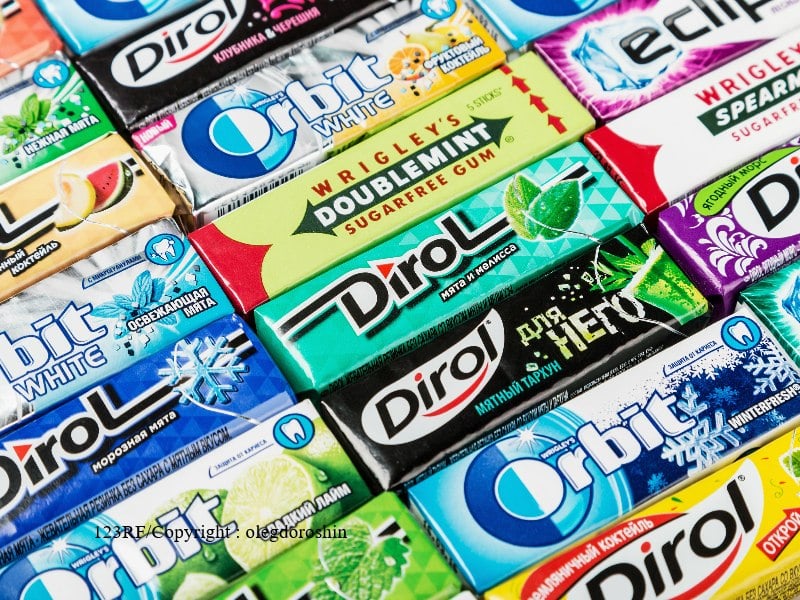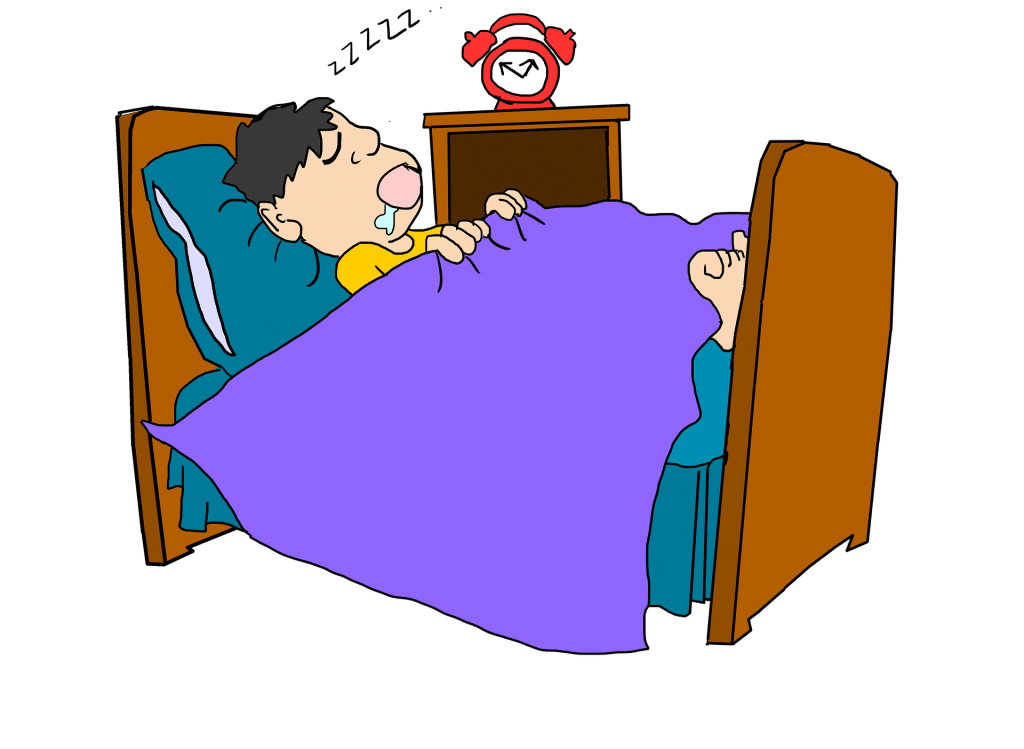
We all know the drill. Floss first, then brush, then rinse with either water or a fluoride mouthwash. We recommend you brush and rinse in the morning (for your friends) and FLOSS, brush and rinse before bedtime for your oral health.

But, what does CHEW mean in this blog? Chew is snacking on Sugar-Free gum, such as Trident, Orbit, or any other sugar-free gum, preferably with Xylitol. When you chew gum, you enhance the saliva in your mouth. Plaque can build up in dry mouths. Gum increases the saliva flow that cleans food particles out of your mouth, reduces plaque, and neutralizes acid that can attack the tooth enamel.
Why is Saliva Important?
Saliva is mostly water, but it also contains minerals and proteins needed for digestion, and it also keeps teeth healthy. Chewing sugar-free gum stimulates the saliva production which:
•Fights germs
•Makes swallowing easier
•Gum with Xylitol offers protection against tooth decay.
•Helps you chew better
•Prevents smelly breath
•Helps digestion

What if I have Dry Mouth?
Dry mouth and bad breath are by the lack of saliva production. Medical conditions, such as Diabetes, Stroke, Thrush, or Alzheimers disease, or Autoimmune diseases, such as HIV/AIDS and Sjogren’s syndrome, can cause a lack of saliva production. Snoring and open mouth breathing and even certain medications can also cause dry mouth.
.
Remedies for Dry Mouth Syndrome

- Sip water and drink water during meals
- Chew sugar-free gum or suck on sugar-free hard candies.
- Explore Over-the-counter treatments for dry mouth. Mouth Kote or Oasis Moisturizing Mouth, Biotene OralBalance or Moisturizing Gel. or Act Dry mouth rinse.
- Breathe through your nose, not your mouth. Seek treatment for snoring should this cause you to breathe through your mouth Ask us about a snore guard if snoring causes you to breathe through your mouth
- Add a room humidifier to add moist air to your room
- Moisturize your lips should they become dry
These Products could make your Symptoms Worse

- Caffeine and alcohol. These products can cause dryness
- A mouthwash that contains alcohol.
- Any tobacco use or Vaping
- Antihistamines and decongestants.
- Sugary or acidic foods and candies.
- Spicy or salty food because they can cause irritation.
- Ask your physician if any of your medications can be changed if they are causing your dry mouth symptoms
